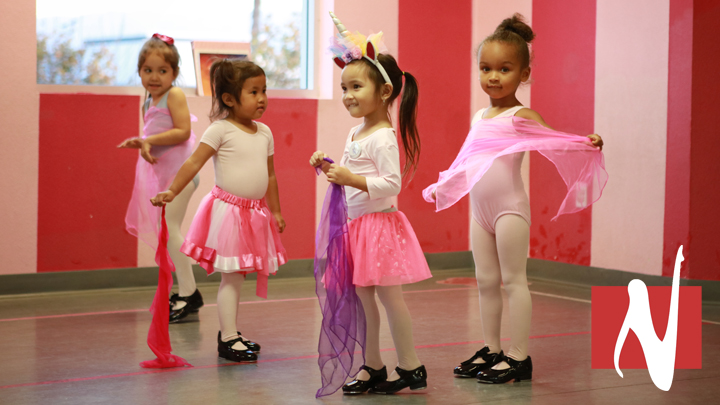
As part of ND&MA’s Choosing Resilience over Resentment movement, we are proudly launching a new blog series by our very own resident expert – Jennifer Jeter, Licensed MFT.
Present day philosophers will tell us that our world is getting smaller. Technology has increased our opportunities to see other exotic parts of the world and commercialism has allowed many of us to touch and experience what was never possible before. If asked, most of us would express that this as a positive thing—that we are better for opening ourselves up to new, different and uncommon things. We know that variety is the “spice of life’ and that this variance makes life exciting.
That being said, as parents, we are often challenged by what we see as differences in our own children. We naturally compare our sons and daughters to like-aged others and make decisions about their future based on whether they are similar to their peers. Indeed, this correlation is certainly encouraged by doctors, teachers and therapists. Our children are held up to standardized tests for their physicality, intelligence, even their social skills. If our child is different, we often fear for them and work to “help” them feel or become “normal.”
But what if we valued those differences the same way we value variety in life? What if we taught our children to value the differences in themselves as well? It is arguable that the world would be a better, kinder, more exciting place and, most importantly, that our children would become happier and more confident adults. Here are some of the true positives of your child being different from their peers:
Being different also means being special. People who do something world-changing are usually different from their peers. (Think of Bill Gates, Lady Gaga, Albert Einstein, etc.) These people think outside the box either because they have to or because it is in their nature. They are open to varied ideas and ways of doing things because their own way of being is outside of what is standard. And because of this…
Being different allows less limitation in life. Without the need to do things in the standard way, unique people are able to stretch outside the average. Simply accepting that they are not going to be like everyone else allows them the freedom to be creative and do things in a way that works best for them. And reaching beyond status quo often leads to greater success in life because…
Being different can give them an advantage. Applying for a job in a room full of interviewees or trying out for a role in a room full of actors can be intimidating. But having something that sets us apart will make us memorable and this often raises our chances of succeeding. Allowing your child’s uniqueness to make an impression is a way of embracing the difference that makes them who they are. And once they really accept their special qualities, the world can become a better place, because…
Being different can help them make a difference. Individuals who accept their difference are often more open and accepting of others. In addition they can use their own personal experiences and what they have learned to teach others about themselves and the uniqueness that exists in the world. Your child’s ability to acknowledge and even appreciate their uniqueness will not only raise their own confidence but can often inspire and motivate others.
As a parent, here are some ways that you can help your child to appreciate their differences and feel positive about the unique person they are becoming:
Celebrate what makes your child different. Verbally express to them and in front of them the unique qualities that you value. Focus on the positives in that difference and don’t shy away from talking about them. Let your child know that you are impressed by the ways that they handle their differences and that it raises your admiration in them to see how they stand out in the world.
Show a positive example to your child by expressing positivity toward other unique people. Bring varied types of people (who are good examples) into your child’s life. Expose your child to stories of others throughout history who were different from their peers and used this difference to their advantage. If it’s appropriate, be opening to sharing your own differences, too! It can be helpful to your son or daughter to know that you have had similar experiences and thrived.
If your child has limitations in certain areas, don’t avoid discussion of these topics. Your children can read shame in your silence. Instead, verbalize confidence in their ability to work through obstacles. Help them to brainstorm ways to manage the challenges in their own, unique way. Normalize that everyone has something to work at and work on in the course of their lives, even if it isn’t always obvious.
Most importantly, remember to embrace your child exactly as he or she is and express great love for the person they are, just as they are. Research shows that is the most important thing a parent can do!

Jennifer Jeter, MFT
Jennifer Jeter is a licensed Marriage and Family Therapist who has been in practice in San Diego since 2001. She works with couples and individuals and believes that the answers to a satisfying life can be discovered through talk therapy. Jennifer lives with her husband, beautiful dancer daughter and her dog Ashton in Chula Vista, California.






